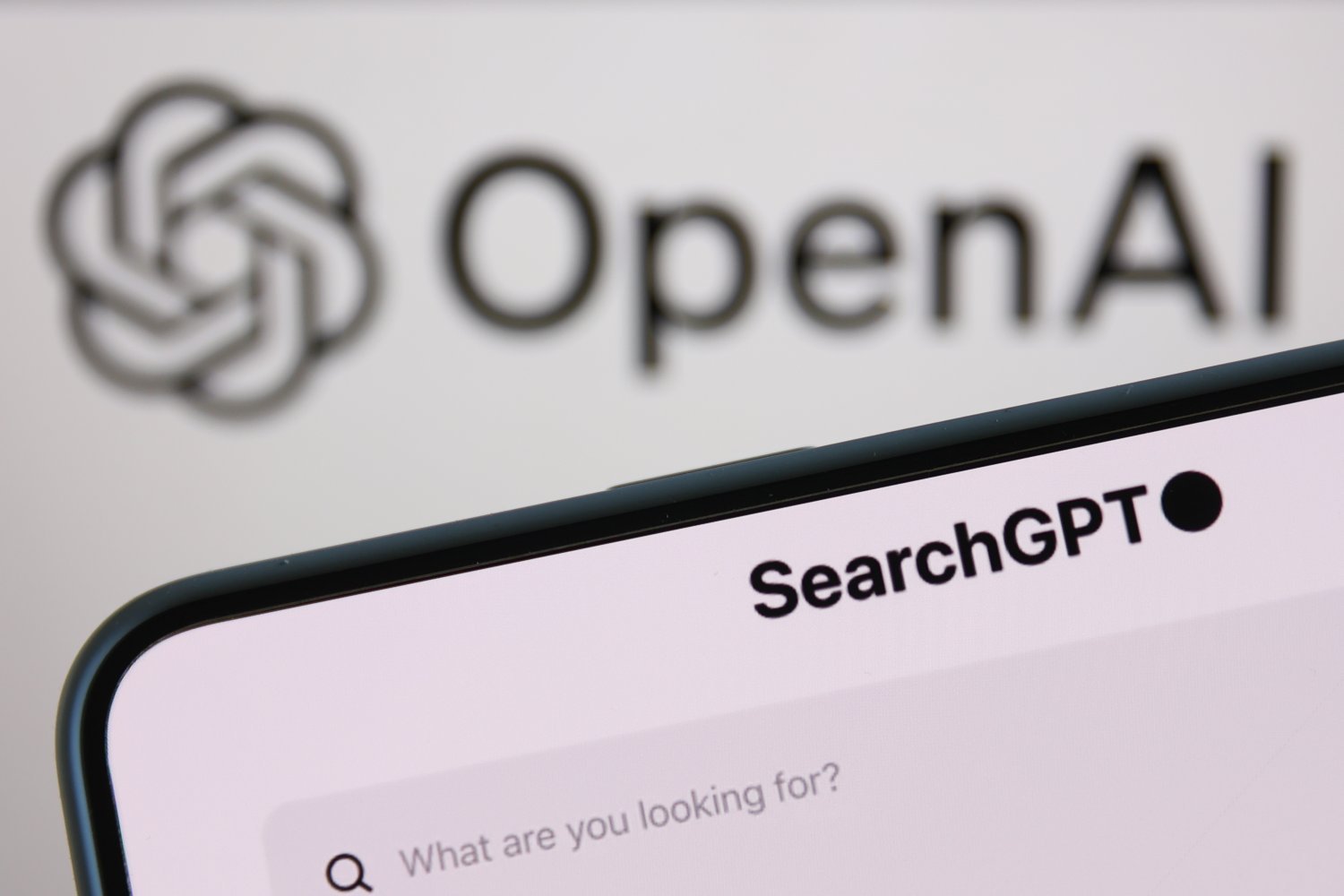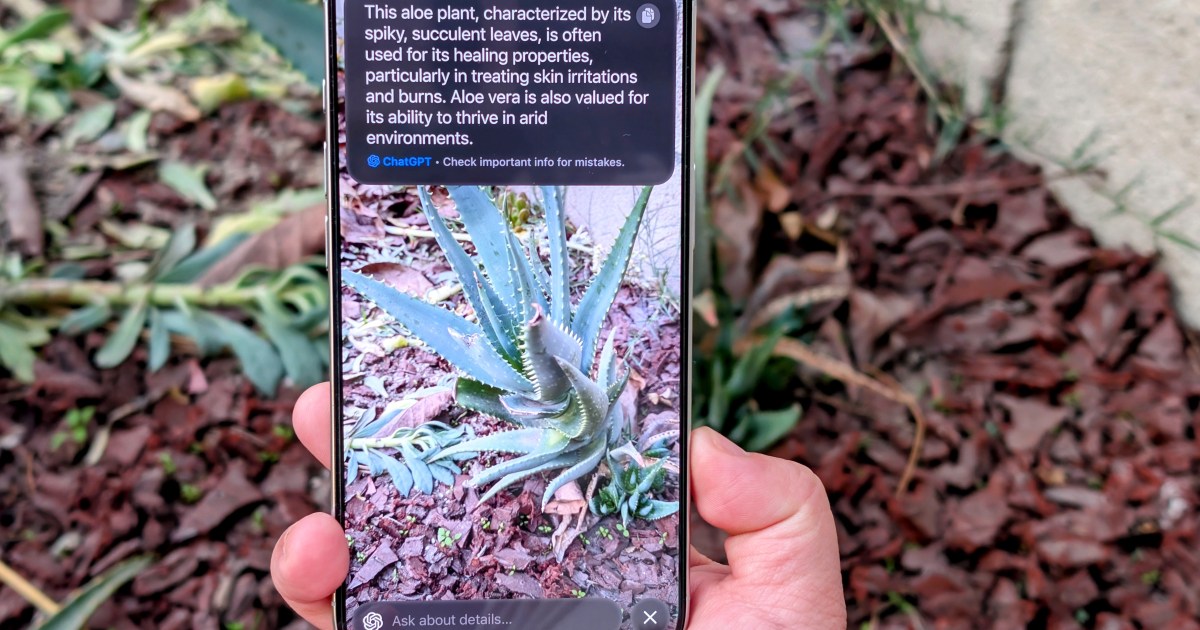OpenAI is taking on Google’s search engine dominance by making ChatGPT Search free for all users. Previously a subscription-only feature, ChatGPT Search is now accessible to anyone with a ChatGPT account on desktop or mobile. Users can even set it as their default browser search engine. This announcement is part of OpenAI’s “12 Days of OpenAI” event, which also unveiled the Sora video generator and a $200/month Pro subscription.
ChatGPT Search: Initial Praise and Lingering Skepticism
Early adopters have praised ChatGPT Search, highlighting its reliance on data from reputable sources like the Associated Press, Reuters, and Condé Nast. This focus on primary sources aims to avoid the “content slop” sometimes found in Google’s AI summaries. However, skepticism remains regarding the platform’s accuracy. Michael Ann DeVito, a professor at Northeastern University, questioned ChatGPT Search’s intelligence, describing it as “context-free pattern matching based on language,” potentially leading to misleading or inaccurate information.
Accuracy Concerns and Past AI Search Failures
A study by Columbia University’s Tow Center for Digital Journalism reinforces these concerns. When tasked with identifying 200 quotes and providing proper attribution, ChatGPT Search failed 153 times. Furthermore, the study revealed that the platform often presents incorrect information with unwarranted confidence. This lack of accuracy is a significant issue for any search engine. Previous attempts to integrate AI into search, such as Microsoft’s efforts, have failed to gain substantial market share, partly due to similar accuracy problems.
Public Perception and the Future of Search
Public opinion towards AI-assisted search is also a hurdle. A CivicScience poll revealed that about half of respondents are uninterested in AI-powered search, while only a quarter expressed interest. Similarly, a Pew Research Center poll found that over half of Americans are concerned about the increasing use of AI. While ChatGPT Search might offer a fresh approach, its potential for misinformation raises serious questions. However, the current landscape of search engines, with its perceived shortcomings, presents a clear opportunity for a truly effective and trustworthy alternative.
Conclusion
OpenAI’s move to make ChatGPT Search freely available is a bold challenge to Google’s dominance. While early reviews are positive and the focus on credible sources is promising, concerns about accuracy and public perception of AI remain significant obstacles. Whether ChatGPT Search can overcome these challenges and capitalize on the demand for a better search experience remains to be seen. Its success hinges on addressing accuracy issues and building trust with users.











